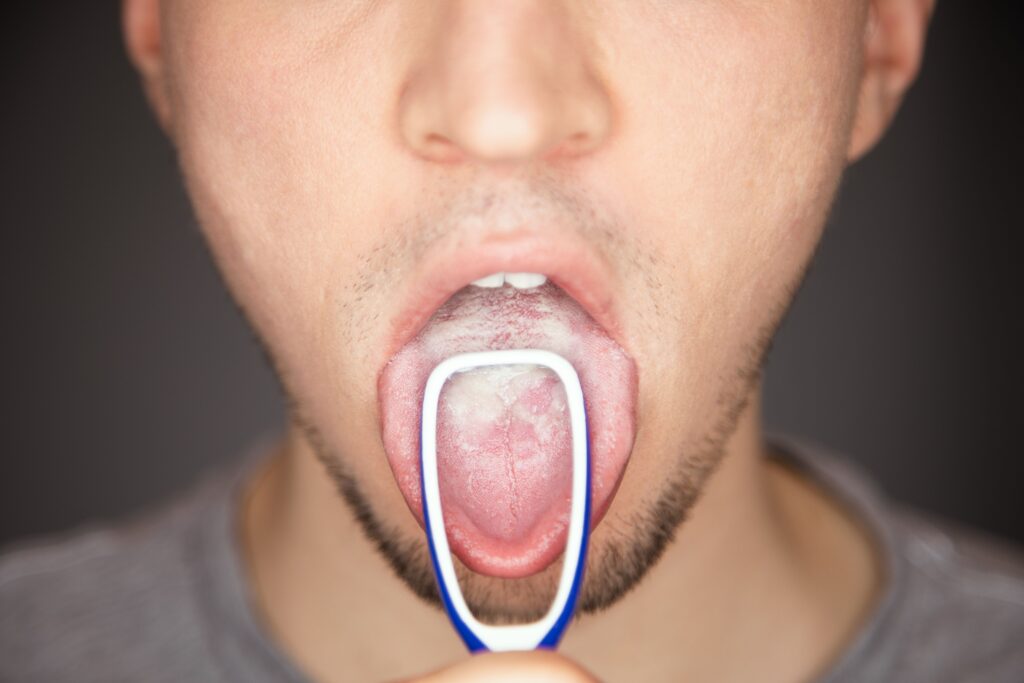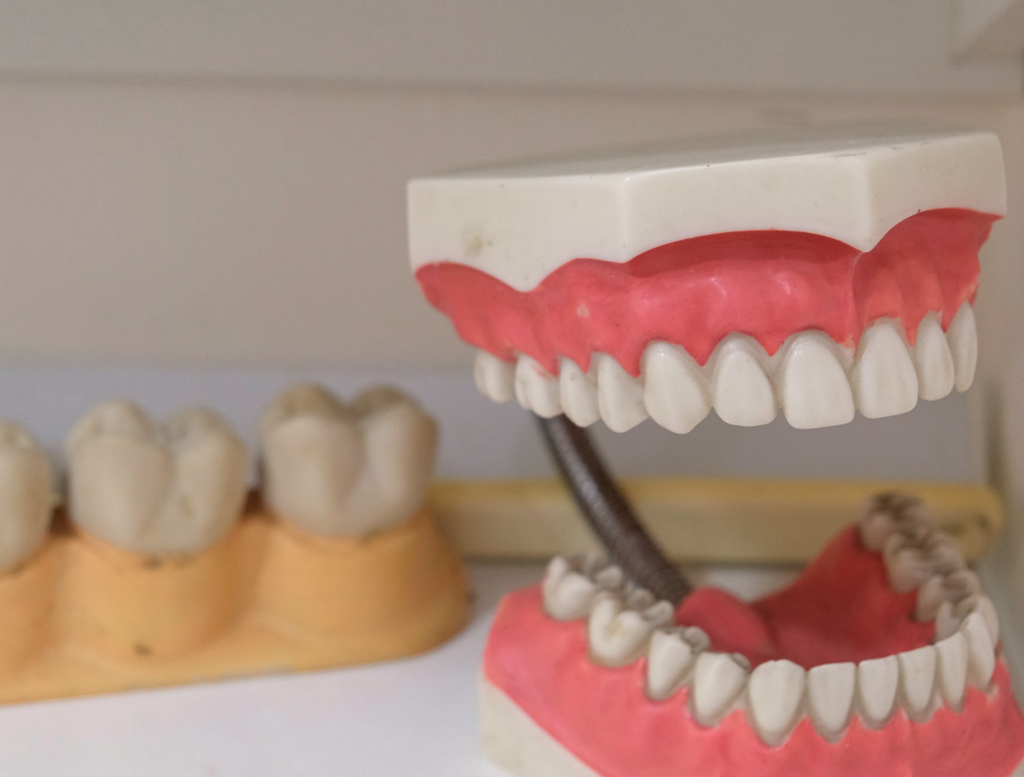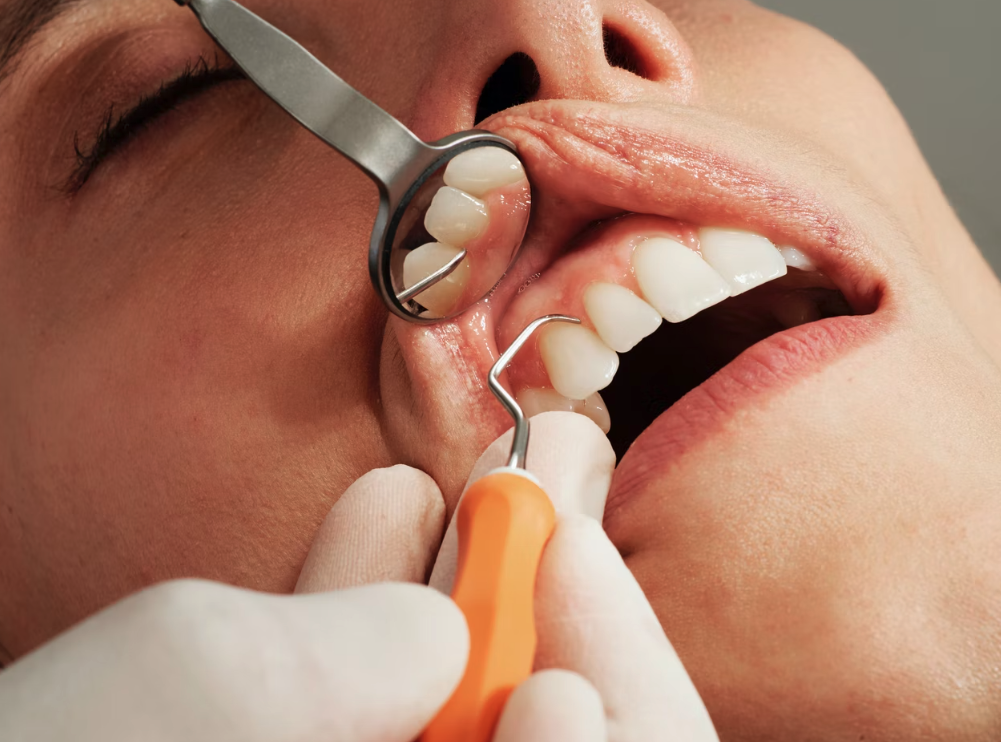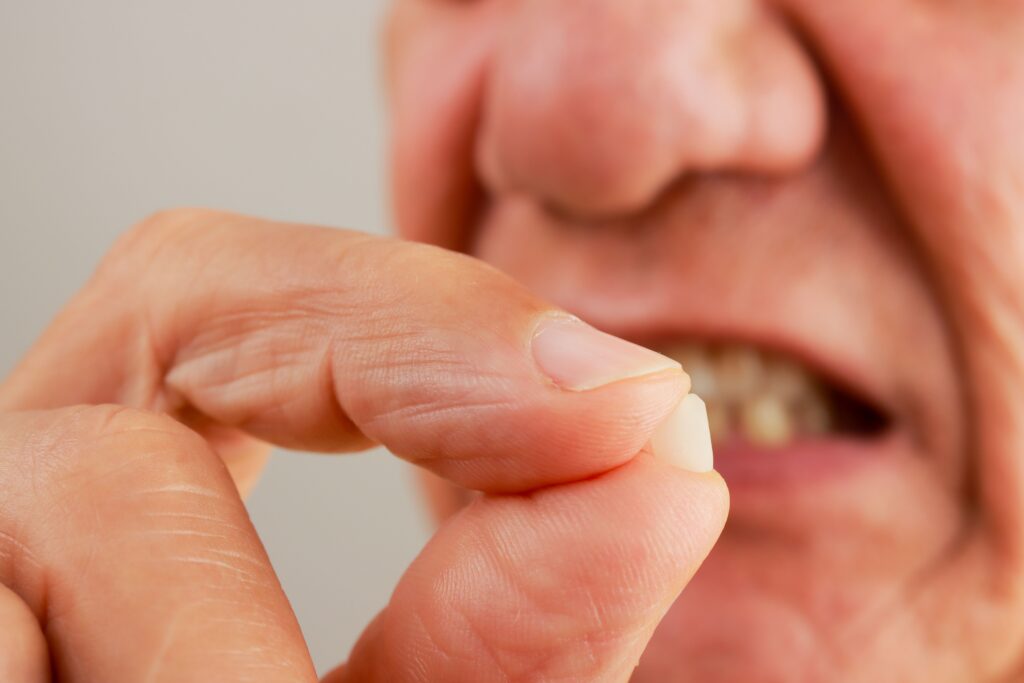A bright, white smile is something many people desire, and teeth whitening has become a popular way to achieve that goal. But with so many whitening products available, you may be wondering: does whitening your teeth damage them? In this article, we will explore how teeth whitening works, whether it can cause harm to your teeth, and how you can safely whiten your teeth without causing damage.
What is Teeth Whitening?

Teeth whitening refers to the process of lightening the color of your teeth to remove stains and discoloration. It can be done in several ways, from over-the-counter products like whitening toothpaste and strips to professional treatments performed by a dentist.
There are two main types of teeth stains:
- Extrinsic stains: These are stains on the surface of your teeth caused by things like coffee, tea, red wine, or smoking.
- Intrinsic stains: These stains occur inside the tooth, often due to aging, medications, or trauma to the tooth.
Teeth whitening works by using chemicals, such as hydrogen peroxide or carbamide peroxide, to break down the stains and make your teeth appear brighter.
How Does Teeth Whitening Work?
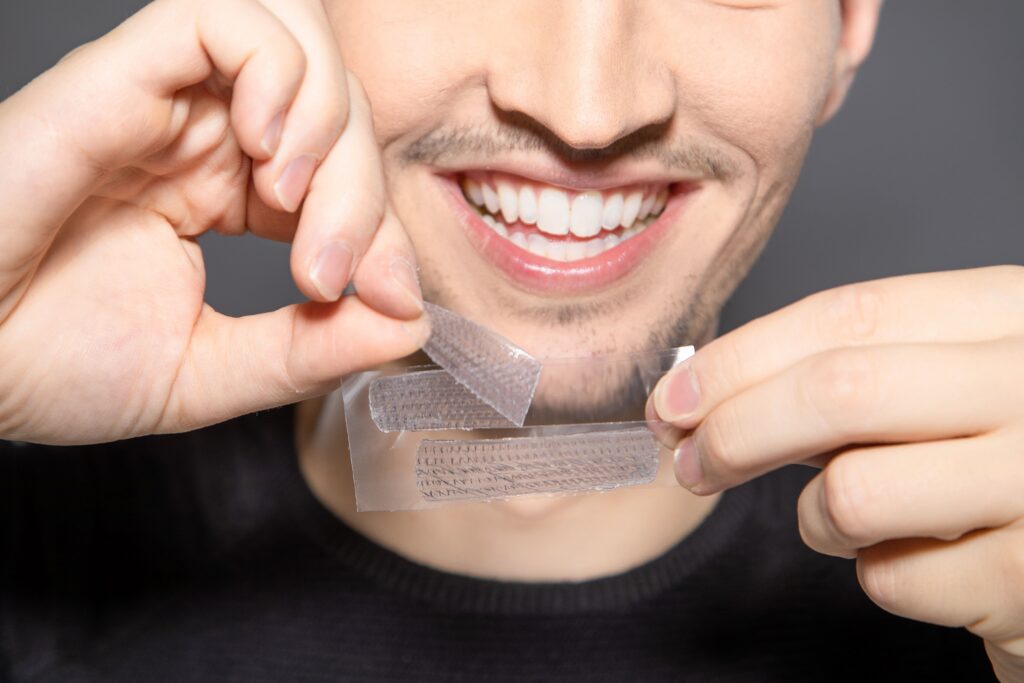
Teeth whitening products contain bleaching agents that penetrate the tooth enamel to break down the molecules that cause stains. There are several different ways whitening treatments can be applied:
- Whitening Toothpaste: These toothpastes contain mild abrasives or chemicals that help scrub away surface stains. They do not contain bleach and are more effective at removing extrinsic stains than intrinsic stains.
- Whitening Strips and Gels: These products often contain hydrogen peroxide or carbamide peroxide, which lighten the tooth’s color by breaking down stains. They can be used at home and provide more noticeable results than toothpaste.
- Professional Whitening: Dentists can perform whitening treatments using stronger bleaching agents, often with the help of a special light or heat to speed up the process. These treatments offer the quickest and most dramatic results.
While these products are effective at brightening your smile, many people wonder if they can harm the teeth or cause long-term damage. Let’s take a closer look at that question.
Does Whitening Your Teeth Cause Damage?
In short, teeth whitening is generally safe when used correctly, but there are some risks involved if used improperly or too frequently. Let’s explore these potential risks in more detail.
1. Tooth Sensitivity
One of the most common side effects of teeth whitening is tooth sensitivity. Many people experience increased sensitivity to hot or cold temperatures after whitening. This happens because the bleaching agents can temporarily open up the tiny pores in your enamel, allowing stimuli to reach the nerves inside the teeth.
- How long does it last?: The sensitivity usually fades within a few days after the treatment.
- What can you do?: If you experience sensitivity, try using toothpaste designed for sensitive teeth and avoid consuming extremely hot or cold foods and drinks.
2. Damage to Enamel
Enamel is the hard, outer layer of your teeth that protects them from decay and damage. Some people worry that teeth whitening can damage this enamel and make their teeth weaker.
- Is it true?: While whitening treatments can cause enamel to become slightly more porous during the process, they do not permanently damage the enamel if used correctly. Over-the-counter whitening products and professional treatments are designed to be safe and effective without causing long-term harm to your enamel.
- What should you do?: To minimize the risk of enamel damage, avoid overusing whitening products. Follow the instructions on the product carefully, and don’t exceed the recommended treatment time.
3. Gum Irritation
Gum irritation can occur if whitening gel comes into contact with your gums. This can happen if the whitening strips or tray aren’t applied correctly, or if too much gel is used.
- What happens?: The irritation can cause redness, swelling, or soreness in the gums, but it typically goes away once the treatment is stopped.
- How to avoid it?: Be careful when applying whitening products, especially if you’re using trays or strips. If you’re getting a professional whitening treatment, make sure your dentist applies a protective barrier to shield your gums.
4. Uneven Whitening
If your teeth have fillings, crowns, or other dental work, they won’t whiten in the same way as your natural teeth. This can lead to uneven whitening, where your natural teeth look brighter than your dental work.
- What happens?: This is not a harmful effect, but it can be an aesthetic concern.
- What should you do?: If you have significant dental work, talk to your dentist before whitening to discuss possible options for achieving a more uniform result.
Is Teeth Whitening Safe?
Yes, teeth whitening is generally safe when used correctly. The risks mentioned above, such as tooth sensitivity or gum irritation, are usually temporary and will go away once you stop using the whitening treatment. However, it is important to be cautious and follow these guidelines to ensure your safety:
- Consult with Your Dentist: Before starting any whitening treatment, especially if you have sensitive teeth or dental issues, it’s a good idea to consult with your dentist. They can help you determine the best method for your teeth and ensure it’s safe for you.
- Follow Instructions Carefully: Whether you’re using whitening toothpaste, strips, or a professional treatment, always follow the manufacturer’s instructions or your dentist’s advice. Overusing whitening products can lead to enamel damage or irritation.
- Use Whitening Products in Moderation: Whitening treatments should not be used every day. Most products recommend using them a few times a week, or on a limited basis, to avoid harming your teeth.
Can Teeth Whitening Be Harmful if Done Too Often?
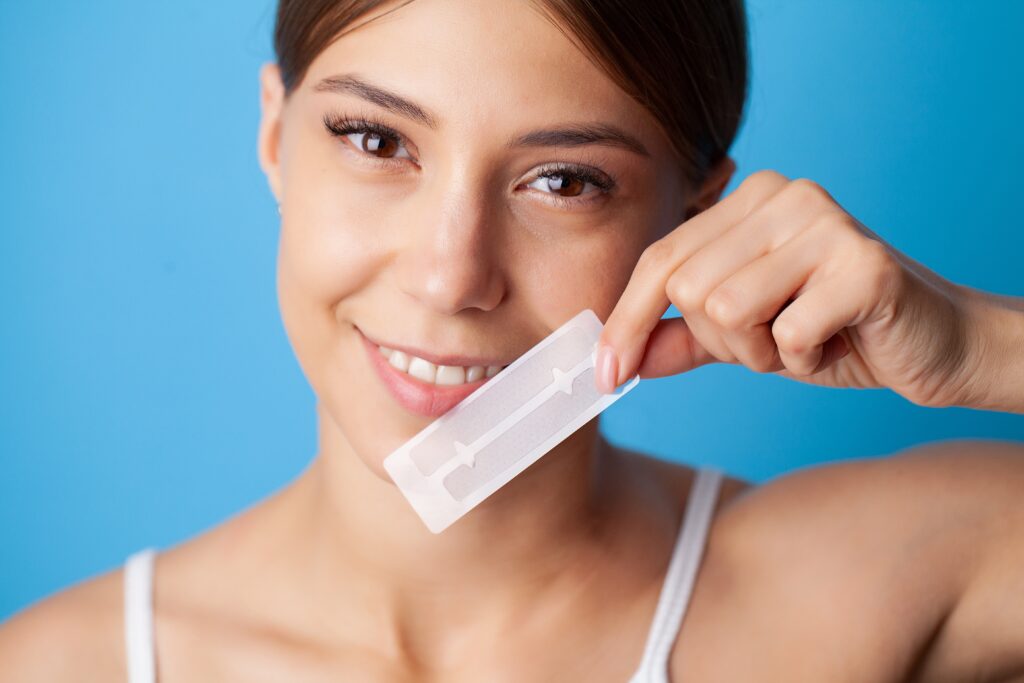
Yes, overusing teeth whitening treatments can be harmful to your teeth and gums. Using these products too frequently or for too long can cause:
- Permanent Enamel Damage: Excessive whitening can wear down the enamel over time, which can increase your risk of tooth decay and other dental issues.
- Gum Recession: Overuse of whitening products can cause the gums to recede, leading to increased sensitivity and a higher risk of gum disease.
- Increased Sensitivity: Whitening treatments that are used too often can lead to more frequent tooth sensitivity and discomfort.
To avoid these problems, it’s essential to use whitening products in moderation and give your teeth time to recover between treatments.
How to Whiten Teeth Safely
If you want a brighter smile without causing damage, here are some tips for whitening your teeth safely:
- Use Whitening Toothpaste: Whitening toothpaste is the safest option for everyday use. It gently removes surface stains and doesn’t contain harsh bleaching agents.
- Consider Professional Whitening: Professional whitening treatments offered by a dentist are the safest and most effective option. Dentists can carefully monitor the process to ensure it’s done safely and without harming your teeth.
- Avoid Overuse: If you’re using over-the-counter whitening strips or gels, don’t use them more than the recommended amount. This will help protect your enamel and prevent sensitivity.
- Take Care of Your Teeth: Good oral hygiene is key to maintaining a bright smile. Brush your teeth twice a day, floss daily, and avoid foods that can stain your teeth, like coffee and red wine.
- Use Products Designed for Sensitive Teeth: If you have sensitive teeth, look for whitening products that are specifically designed for sensitive teeth. These products are less likely to cause discomfort or irritation.
Conclusion
Whitening your teeth can help you achieve a brighter, more confident smile, but it’s important to do it safely. While most whitening treatments are safe and effective, overuse or improper application can lead to tooth sensitivity, gum irritation, and even enamel damage. To avoid these issues, be sure to use whitening products as directed, consult with your dentist if you have any concerns, and avoid overdoing it. With the right care, you can enjoy a beautiful, white smile without causing harm to your teeth.



